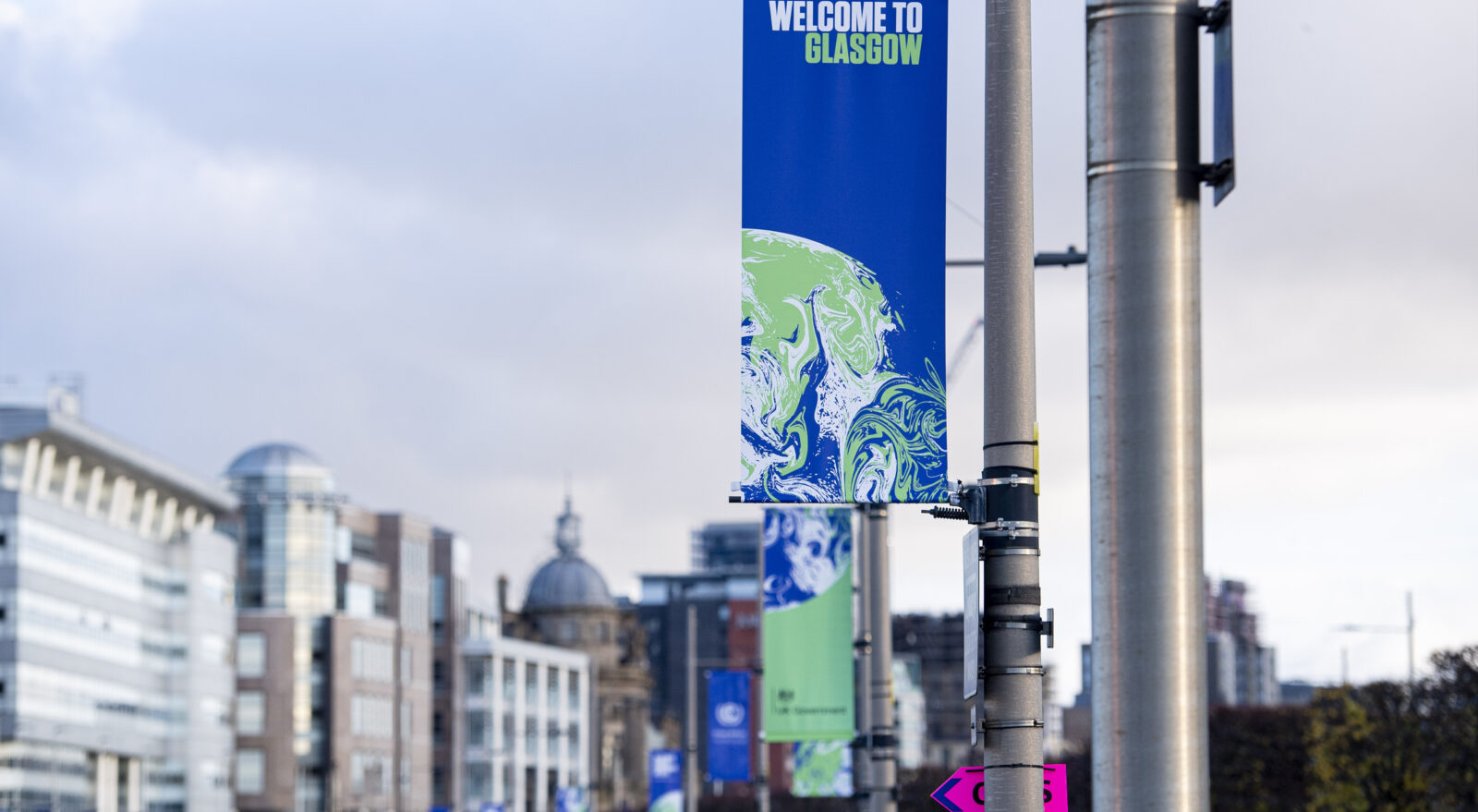As preparations for COP27 in Egypt are in full swing in November, Glasgow Convention Bureau has been looking at how Scotland’s largest city has benefited from hosting the prestigious UN Conference on Climate Change 12 months ago.
Feedback from Glasgow’s tourism and conventions sector, as evidenced in the Bureau’s 2022 Business Survey, found that more than half (60%) of city tourism businesses improved their sustainability credentials as a result of COP26, with a particular focus on reducing food waste and lowering energy consumption. Additionally, the majority of respondents (more than 70%) said that hosting COP26 raised their awareness of climate change.
Significant change
In fact, it’s the whole supply and stakeholders’ chain that has undergone significant change.
“The city’s hotel community understood the need to clearly communicate our green credentials and sustainable practices to the COP26 delegates, and we have taken these learnings forward to support future conferences meeting in our city,” said Janice Fisher, co-chair of the Greater Glasgow Hoteliers Association (GGHA). “Over the last year, Glasgow’s hotels have increased their number of electric vehicle charging points, worked on removing single-use plastic, and we have been encouraging all GGHA members to apply for Green Tourism accreditation as best practice.”
Meanwhile the University of Strathclyde is committed to reducing emissions by 70% by 2025. Gordon Hodge, Head of Conferencing and Events at, said: “We’ve developed a sustainability webpage to help organizers and delegates make more sustainable choices, and our conference apps reduce the need for printed materials. Standardized buffet options have streamlined our kitchen operations, reducing waste and energy consumption while maintaining quality and value. We’ve completely removed red meat from our menus, and any single-use items are now compostable. We’re delighted that our efforts have been recognised, just this month, with a Green Meetings Gold Award to add to our Green Tourism Gold status.”
Prior to COP26, Glasgow was already a driving force as a sustainable conference city, being the first in the UK to join the Global Destination Sustainability Index (GDSI) in 2016 and ranking in the top five destinations (4th) worldwide by 2022.
In 2021, Glasgow was also the first UK city to partner with EarthCheck, the sustainable city benchmarking tool, as well as the first Convention Bureau to join Tourism Declares a Climate Emergency.
Positive impact
Earlier this year, Glasgow City Council published the results of its annual 2022 Glasgow Household Survey, which showed that around a third of Glasgow’s citizens felt COP26 had a positive impact on the local economy and had encouraged them to change their behaviour to help deal with the climate emergency, while around a quarter of respondents said they had been encouraged to take environmental action because of the conference.
Dr Marie Whaley, Senior Vice President, International Water Association (IWA), will bring the 2026 IWA World Water Congress and Exhibition to SEC Glasgow, the city’s premier conference venue. “It’s critical for us, as an organisation which champions the implementation of sustainable water policies worldwide, to be able to work with local stakeholders who can align with our strategic sustainable principles and amplify our vision to create a world in which water is wisely, sustainably and equitably managed. We are confident Glasgow provides the ideal backdrop to foster relationships and drive discussions which support the global community in transitioning to sustainable water solutions that are robust and flexible in the face of global change pressures,” she said.
COP26 has had a transformative effect and accelerated the city’s sustainability ambitions, according to Kathleen Warden, Director of Conference Sales at the Scottish Event Campus. “It also served as a catalyst for our commitment to being net zero by 2030” she said. “But most importantly, it has been the driver for the creation of the Net Zero Carbon Events initiative that is shaping the events industry for a more sustainable future worldwide.”
